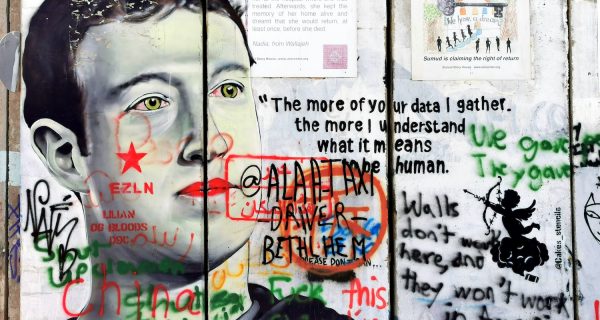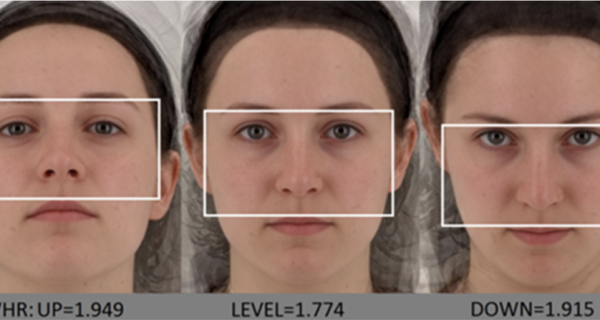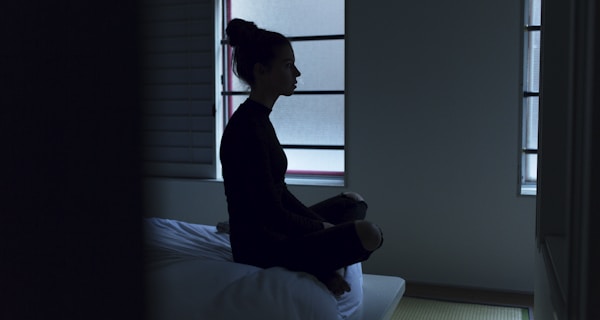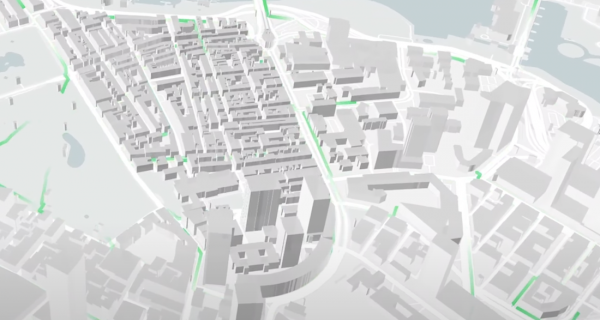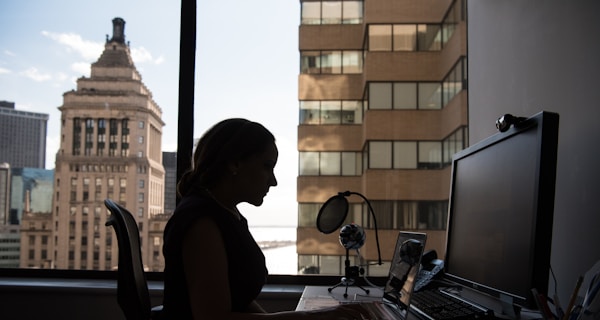Social media may be preventing us from making use of profound boredom’s creative potential – a new study shows
Profound boredom refers to an existential discomfort in which people struggle with their sense of self, but ultimately can result in the discovery of passions.

The pandemic gave us an opportunity to explore what happens when it is no longer possible for people to gather – consumers were cut off from their social groups. Music festivals and conventions were canceled or postponed. Every started exercising at home. Live sports were played in front of empty stands. Restrictions caused difficulties for consumers and firms alike, but they also provided opportunities for innovations: artists started to live-stream performances, and digitally connected at-home exercise equipment proliferated, allowing groups to gather virtually.
For many people around the world, lockdown restrictions imposed a sense of monotony. Life appeared on pause as restrictions denied even the possibility of spontaneity and social gathering experiences. Surveys carried out during the pandemic showed more than fifty percent of people felt worse off due to increasing levels of boredom. With more time being spent at home and nowhere to go to escape, people turned to social media and streaming services at unprecedented rates.
Researchers from the University of Bath School of Management and Trinity College, Dublin, identified that the pandemic enforced a level of solitude that gave people the rare opportunity to experience the two levels of boredom – ‘superficial’ and ‘profound’
Superficial boredom – the most common state of boredom – can be defined as a feeling of restlessness familiar to us all, of being bored in a situation such as waiting for a bus where we seek quick distractions from everyday life and in which social media and mobile devices play a significant role.
Profound boredom stems from an abundance of uninterrupted time spent in relative solitude, which can lead to indifference, apathy, and people questioning their sense of self and their existence – but which researchers say could also lead to more creative thinking and activity.
“The problem we observed was that social media can alleviate superficial boredom but that distraction sucks up time and energy and may prevent people from progressing to a state of profound boredom, where they might discover new passions,” said Dr. Timothy Hill, one of the authors of the research.
The study reveals a paradox in which the emptiness of profound boredom can create an environment where one clearly sees and believes in the possibility that things can be better. Profound boredom is not an emotional state to be resisted. Instead, the research shows how the profound sense of boredom creates a ‘utopian’, self-transformative potential, launching people into new passions and unforeseen life trajectories.


